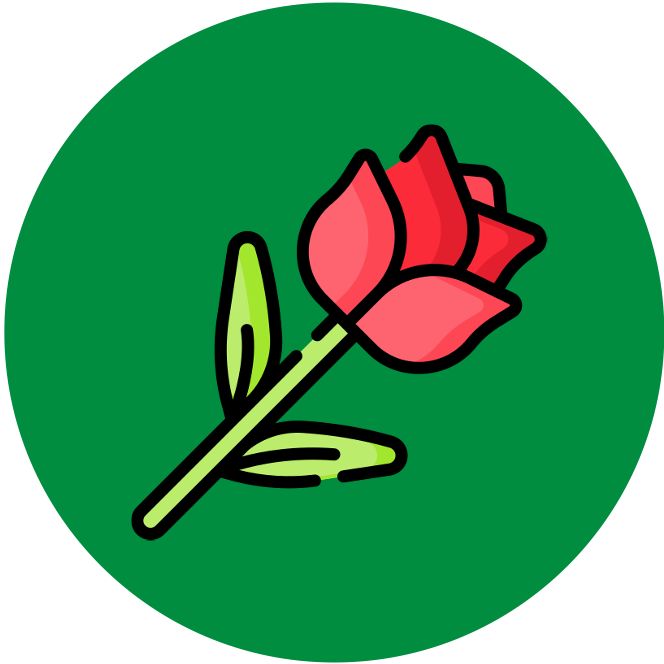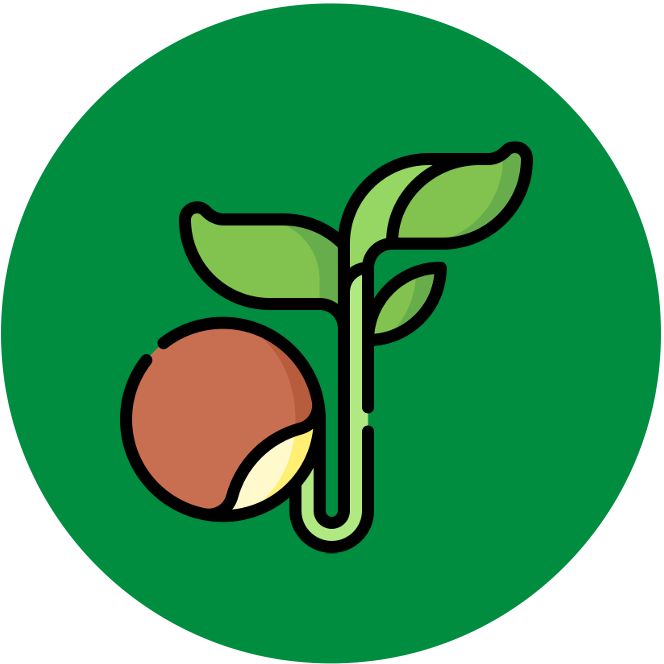

Flower Structure
Flowers are reproductive organs used by certain plants (angiosperms) to produce and transfer gametes between members of a species
-
Most flowers possess both male and female structures (monoecious), but some may only possess one type of structure (dioecious)
The male part of the flower is called the stamen and is composed of:
-
Anther – pollen producing organ of the flower (pollen is the male gamete of a flowering plant)
-
Filament – slender stalk supporting the anther (makes the anther accessible to pollinators)
The female part of the flower is called the pistil (or carpel) and is composed of:
-
Stigma – the sticky, receptive tip of the pistil that is responsible for catching the pollen
-
Style – the tube-shaped connection between the stigma and ovule (it elevates the stigma to help catch pollen)
-
Ovule – the structure that contains the female reproductive cells (after fertilisation, it will develop into a seed)
In addition to these reproductive structures, flowers possess a number of other support structures:
-
Petals – brightly coloured modified leaves, which function to attract pollinators
-
Sepal – Outer covering which protects the flower when in bud
-
Peduncle – Stalk of the flower
Structure of a Flower






